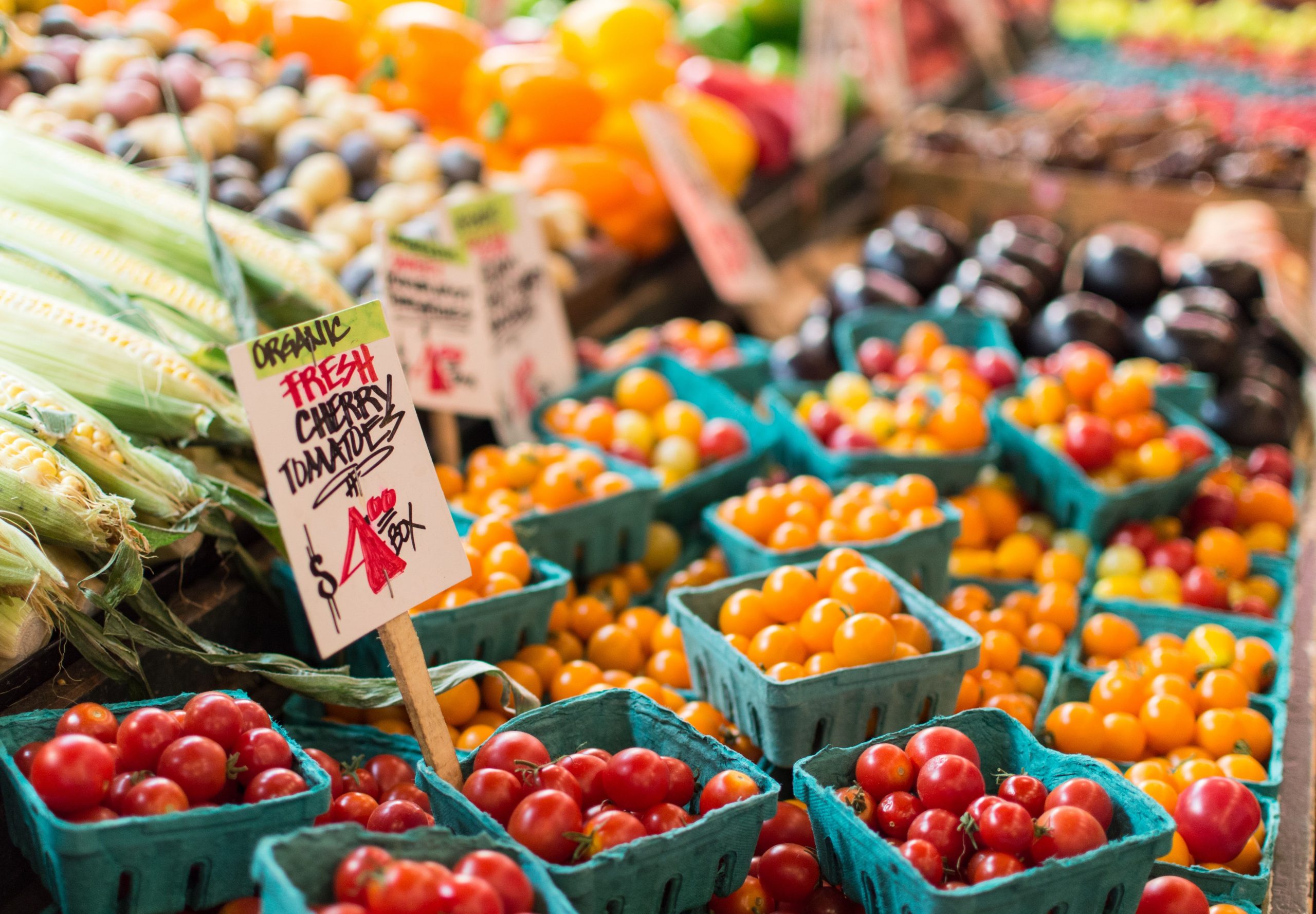The Russian
blockade of Ukraine’s Odessa port, the biggest in the country, has triggered a
food shortage across several parts of the world. As Ukraine’s grains go to
waste, food prices are seeing an unprecedented inflation. Vladimir Putin, the
leader of the Russian Federation, is seeking to use this food shortage to end
West’s sanctions on Moscow.
In a conversation
between Russian President Vladimir Putin and Turkish President Recep Tayyip
Erdogan over phone, Putin said that Moscow would support an “unimpeded” export
of Ukrainian grain and also send over fertilisers and agriculture products if
the West were to withdraw its sanctions, a Kremlin readout stated.
The West, as
expected, is not willing to negotiate sanctions for grains. Finnish Foreign
Minister Pekka Haavisto said last week that a conversation around lifting
sanctions for grains is a non-starter. The Russians believe they have leverage
by blocking ships transiting the Black Sea. The world needs to make it clear
that this is not the case, he said.
Also Read | Turkey’s Erdogan still against Finnish, Swedish NATO bids
United States
seems to be echoing the Finnish finance minister’s opinion. At the same time,
the US is sending over containers to Ukraine and trying to move Ukrainian grain
through an alternative route, through land. The US is also trying to educate
some nations on producing adequate grains on their own.
“Given Russian behaviour
in these negotiations (throughout the conflict), I think we’re sceptical at
this juncture it’s going to lead to some sort of major breakthrough,” said
Julianne Smith, US ambassador to the North Atlantic Treaty Organization (NATO).
Also Read | It’s natural: Why cutting off Europe’s gas isn’t hurting Russia
“We’re at a point
where we’re open to seeing countries engage with Moscow, but what we’re
disheartened to see is that there’s no indication that Russia is taking any of
this seriously or negotiation in good faith,” she told CNN.
Meanwhile, Turkey is
taking an active role in trying to solve the deadlock. The country controls
routes into and out of the Black Sea and is in a position to affect a potential
solution. Russian Foreign Minister Sergey Lavrov is scheduled to visit Turkey
on June 8 to discuss a sea corridor for Ukrainian exports, said Turkish Foreign
Minister Mevlut Cavusoglu on Tuesday.







